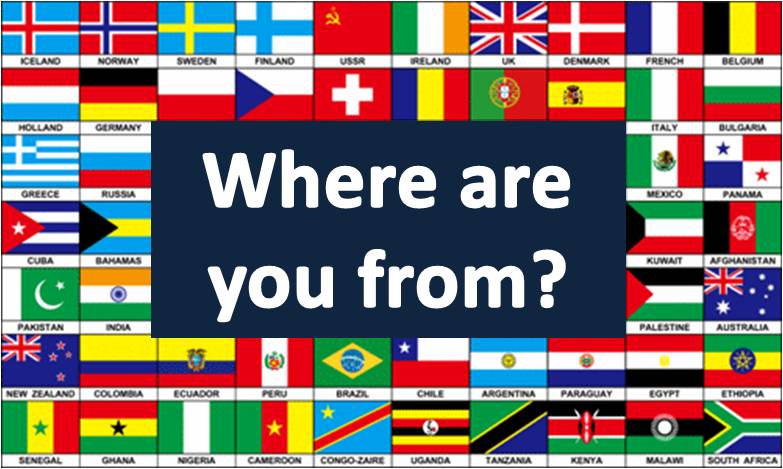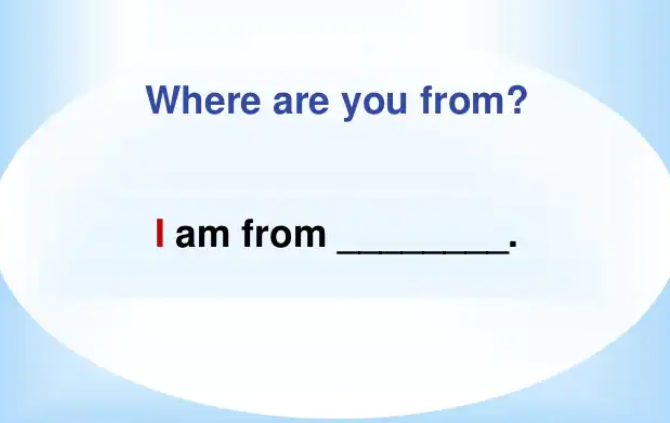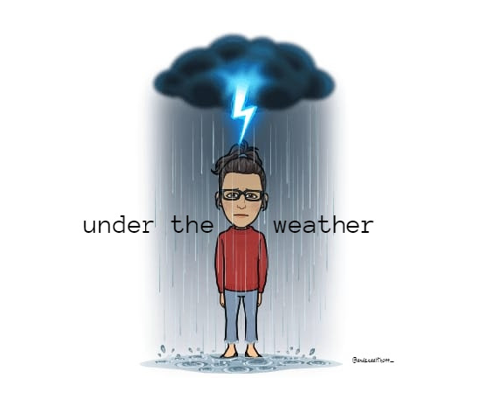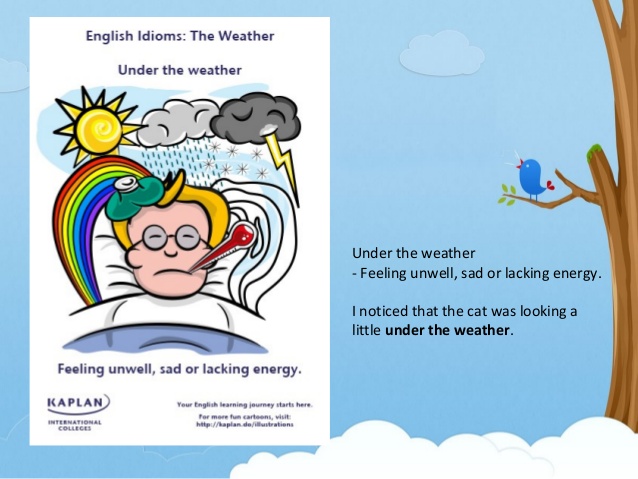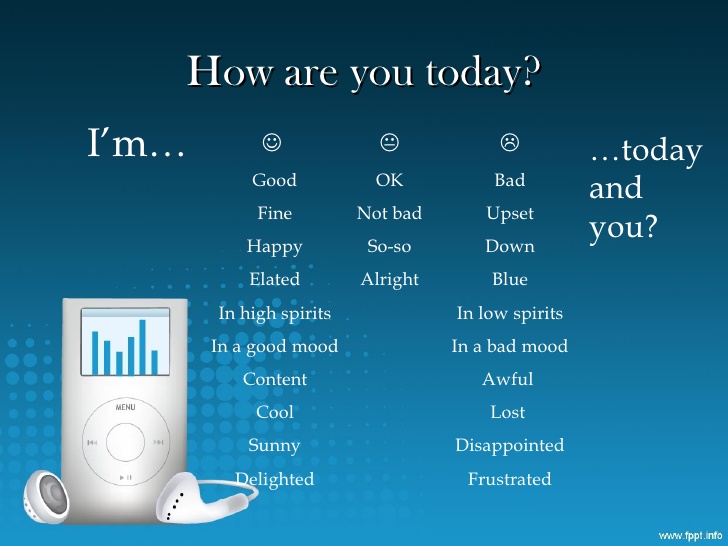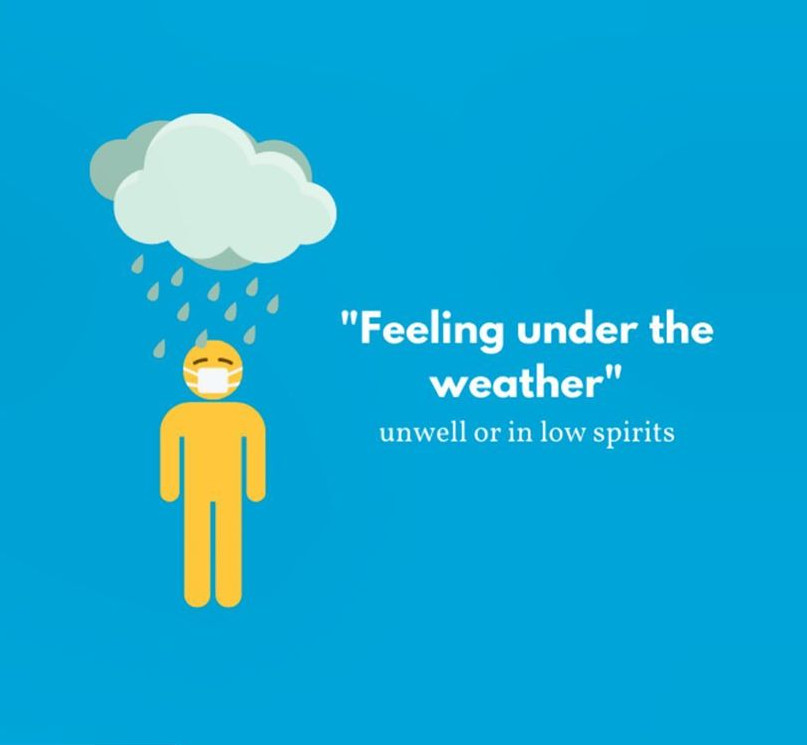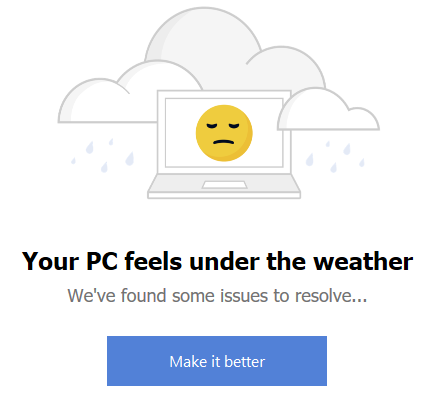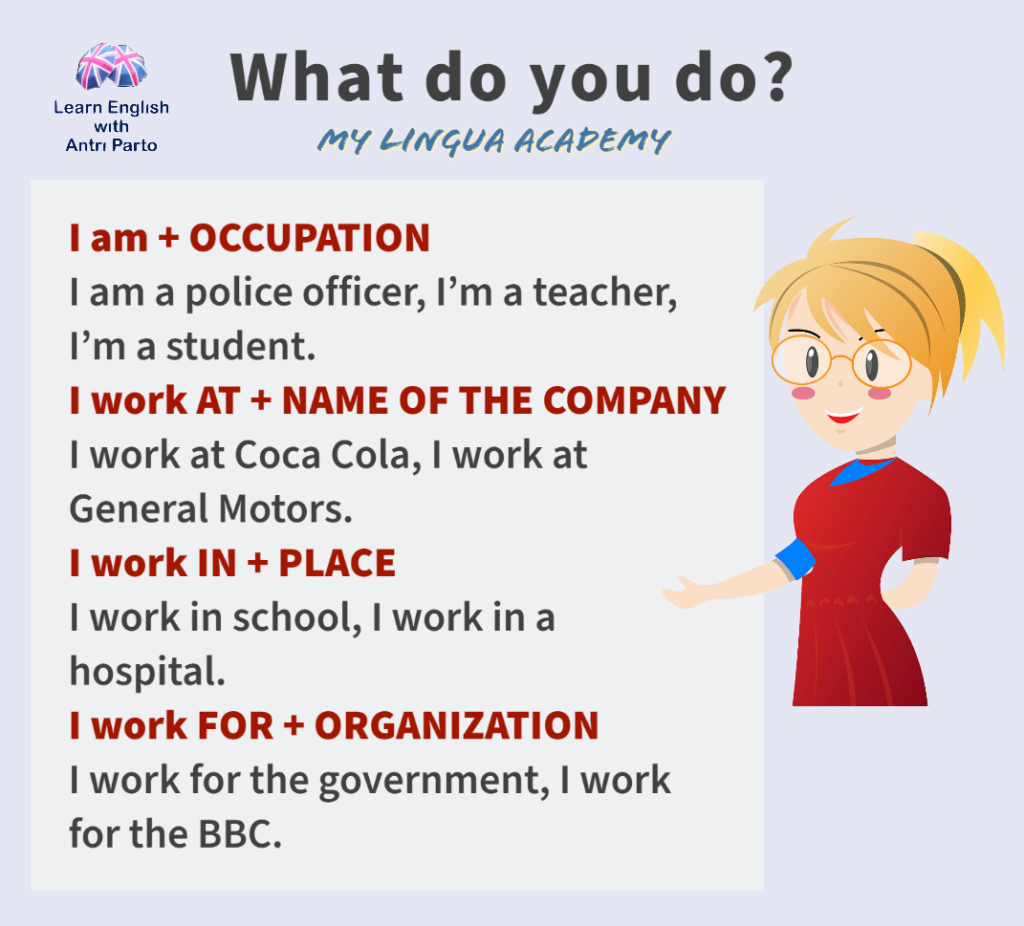
When talking about a place we work in, we say:
“I work in” + “a” + place of work
- I work in a restaurant.
- She works in an office.
- We work in a shop.
When we are talking about a field of work, we say:
“I work in” + field of work
- He works in marketing.
- She works in finance.
However, when we give our job title we use the verb “to be”, so we say:
- I’m a teacher.
- You’re a doctor.
- Are you a designer?
- We’re students!
- He’s unemployed.
Dialogue
Oliver: What do you do, Ava?
Ava: I’m a doctor! How about you?
Oliver: I work in a restaurant, but I’m also a student!
Ava: Cool!
Now we are going to introduce the verb “to study”:
Do you work in finance? No, I study French at university.
These three verbs all remain the same, except when they are paired with “he/she”:
I + do / work / study
you + do / work / study
he / she + does / works / studies
we + do / work / study
they + do / work / study
Examples:
Do you work in marketing?
Does he speak Turkish?
I study Chinese at university.
She studies economics at university.
We study medicine at university.
We work in a restaurant.
He works in an office.
Dialogue
Hannah: What do you do?
John: I work in marketing. How about you?
Hannah: I’m a student. I study German.
John: My sister studies German, too!
Hannah: Nice!
John: What does your sister do?
Hannah: She works in a restaurant.
Now let’s finish our lesson introducing or reviewing vocabulary for jobs and occupations with this easy ‘What am I?’ quiz. Each answer is a job.



